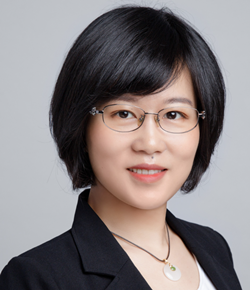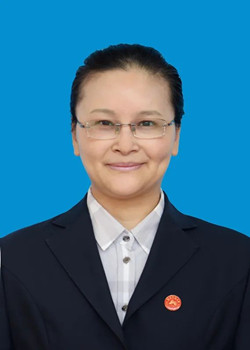Home> Sessions
Session 19: Exercise, nutrition and anti-aging
Updated: 2023-07-21
With the decline in birth rates and the extension of life expectancy, the global population structure is gradually transitioning towards aging, accompanied by the emergence of age-related issues. Scientific and effective exercise has multi-system anti-aging effects and can alleviate the harmful systemic and cellular effects of aging and improve the life quality for the elderly. Therefore, delving into the molecular mediating factors and mechanisms of exercise and nutrition, and accurately designing the most effective exercise combinations, types and dosages, including frequency, duration and intensity, for elderly individuals will be crucial in addressing significant public health issues worldwide.
Chairs

Wang Ru
Professor, Shanghai University of Sport

Zheng Lan
Professor, Hunan Normal University (HNU)
Invited speakers & reports
Tang Changfa
Professor, HNU
Report: The role and mechanism of exercise in promoting national physical health and intervention of chronic diseases
Zheng Lan
Professor, HNU
Report: Exploring the role of circadian rhythm system in delaying cardiac aging by exercise using drosophila as a model
Hou Lijuan
Professor, Beijing Normal University
Report: Dopamine regulation involved in exercise-induced neuroplasticity
Li Xue
Professor, Chengdu Sport University
Report: Research on the neuromechanism of aerobic exercise-regulated specific lipid metabolites in the improvement of brain functions in MA addiction
Zhang Xin’an
Professor, Shenyang Sport University
Report: Study on the molecular mechanism of mechanical stress regulating ferroptosis signaling pathway to improve osteoarthritis
Zhang Yan
Professor, Capital University of Physical Education and Sports
Report: Single-cell transcriptomic study of immune cells during intense exercise
Huang Junhao
Guangzhou Sport University
Report: Mechanism of aerobic exercise improving SOCE-mediated coronary contraction in aging rats
